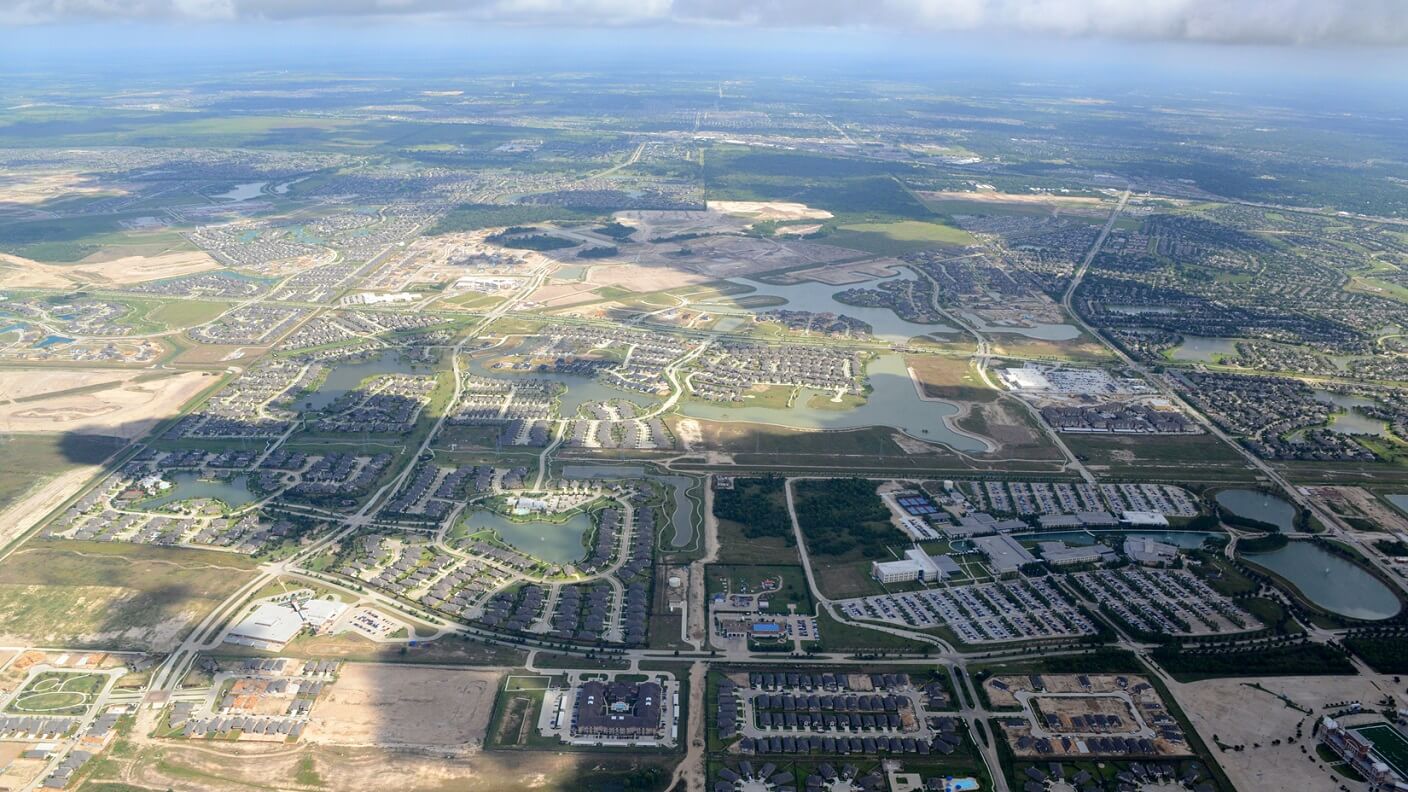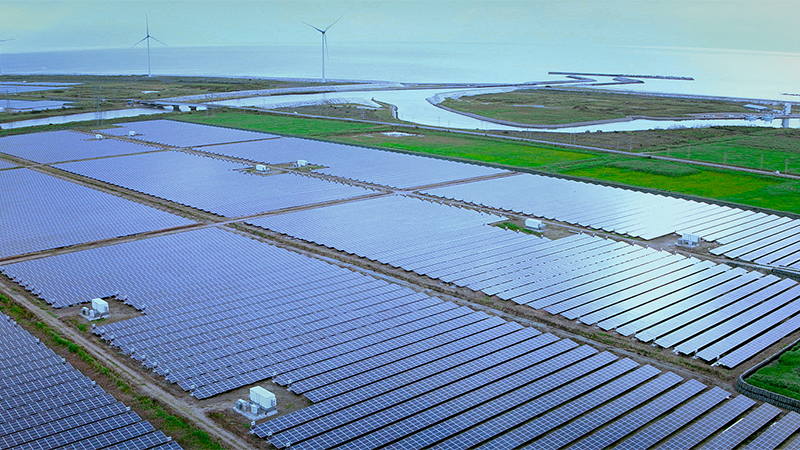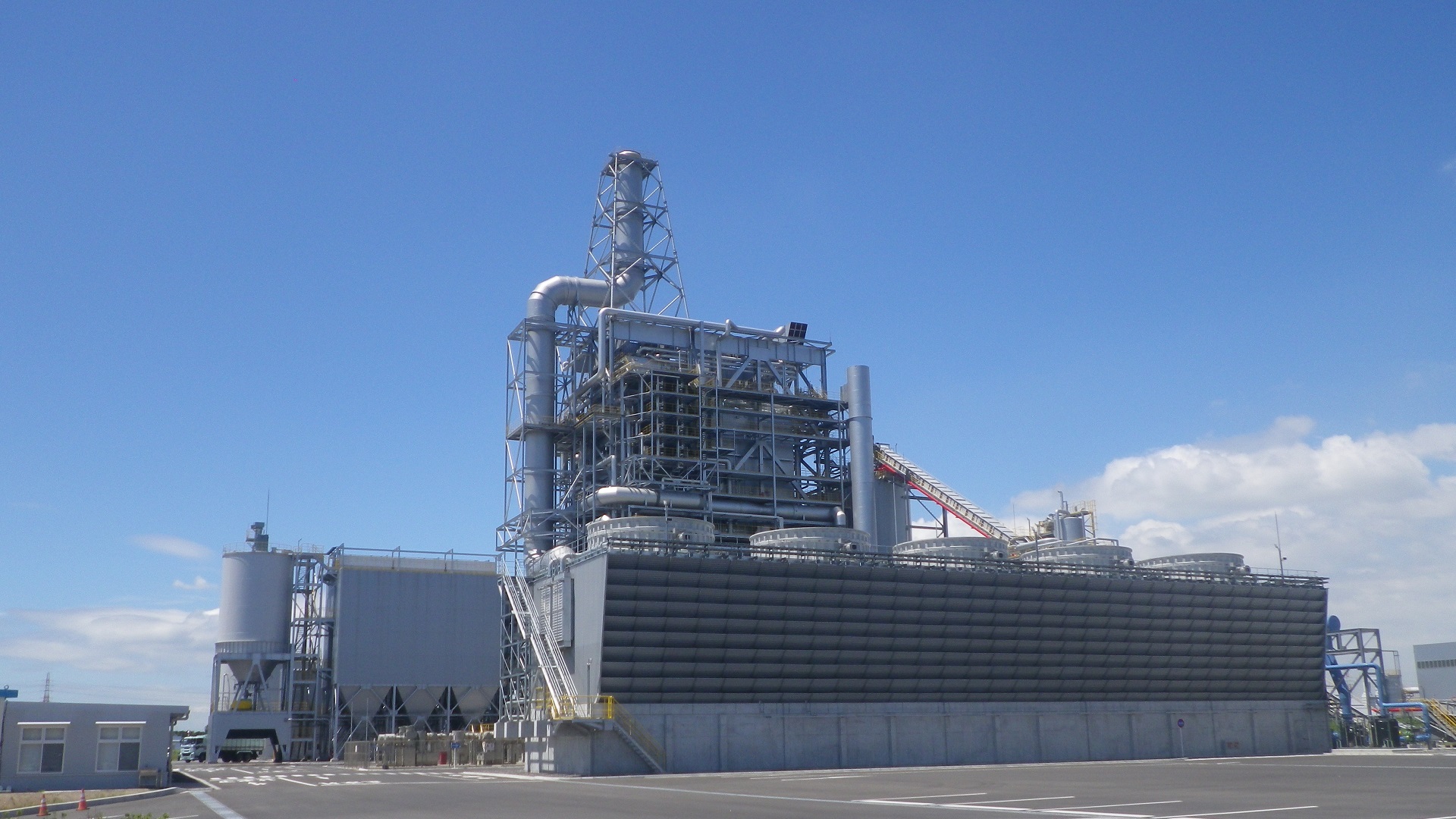
Global Cases
Retail electricity sales
– ensuring reliable power supply –
Japan
A new market brought from the deregulation of retail electricity market
A movement for deregulation of retail electricity market in Japan began in the mid-1990s. Then, in 2000, electricity retailing to large factories, office buildings, and other large-scale users on "extra-high-voltage" contracts was opened to some companies who met certain requirements. Subsequently, the deregulation gradually expanded to "high-voltage" customers such as small factories, followed by "low-voltage" customers such as residential users, whereby the Japanese retail electricity market became completely deregulated in April 2016.
Deregulation has enabled all electricity customers, both business and residential users, to choose their electricity providers from among various retailers who provide a range of options such as lower price, better service, eco-friendliness and so on, depending on their needs and/or interests. The Japanese Ministry of Economy, Trade and Industry estimates that deregulation has given birth to "new electricity retail market" of as much as 7.5 trillion yen.
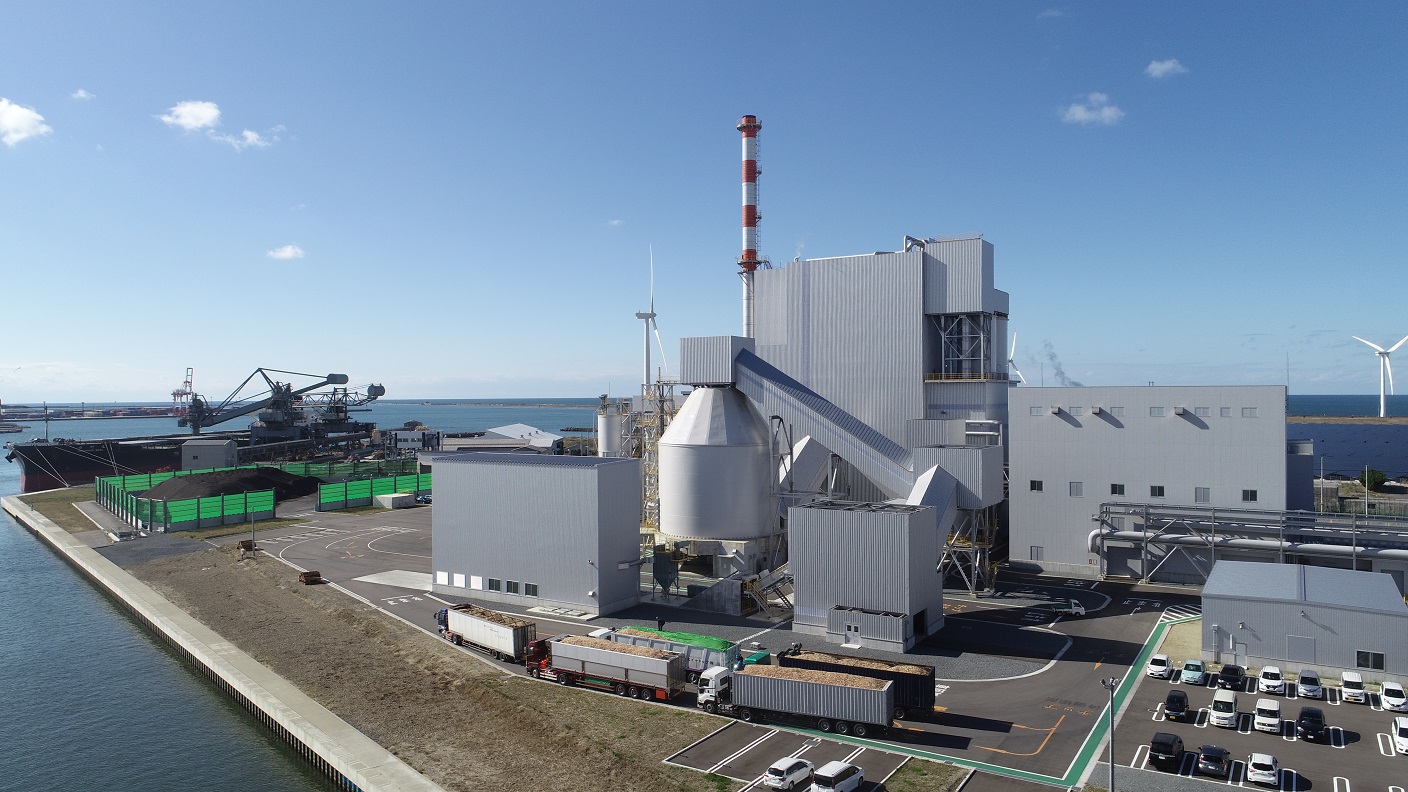
Participating in retail electricity market since 2001
Summit Energy Corporation ("Summit Energy"), a company established by Sumitomo Corporation, started retail electricity services in western Japan in July 2001, when the market was at the earliest stage of deregulation. Then, Summit Energy began to expand its operation to nationwide in 2004. To supply power to commercial & industrial customers as well as residential customers , the company generates electricity at its five power plants while promoting procurement from power generation facilities owned by Sumitomo Corporation Group companies or other firms, as well as from the electricity trading market operated by Japan Electric Power Exchange.
Summit Energy has two competitive advantages. One is derived from its relatively lower prices to the customers, made possible by procuring electricity from the best mix of sources tailored to the pattern of electricity use at each facility, utilizing the in-house operation center that analyses and manages the supply-demand balance. Another is its ability to offer competitive rate plans and contract terms to respond to diverse customer needs, bringing out the business network of Sumitomo Corporation Group.
A good example is found in the company's partnership with Jupiter Telecommunications (renamed to JCOM in July 2021; hereinafter J:COM), which is also a Sumitomo Corporation Group company. This collaboration is designed to effectively combine Summit Energy's expertise in retail electricity services to residential customers and J:COM's sales expertise as a nationwide cable TV and Internet service provider.
Stable power generation using biomass power plants
Summit Energy Group currently operates five power plants: Onahama Power Plant (Iwaki City, Fukushima Prefecture), Itoigawa Biomass Power Plant (Itoigawa City, Niigata Prefecture), Chiba Minato Power Plant (Chiba City, Chiba Prefecture), Handa Biomass Power Plant (Handa City, Aichi Prefecture), and Sakata Biomass Power Plant (Sakata City, Yamagata Prefecture).
All three biomass power plants including Sakata Biomass Power Plant generate electricity from fuel derived from timbers. The biomass power generation model is based on the carbon cycle concept, summarized as: Timber resources are created through photosynthesis process in which CO2 is absorbed, and those resources can be utilized for power generation as fuel. An advantage of biomass power generation as renewable energy is its stable supply of power, while solar or wind power is susceptible to weather fluctuations. Itoigawa Biomass Power Plant, which commenced commercial operation in 2005 with an output capacity as large as 50,000 kW, is a pioneering biomass power plant serving the retail market.
Handa Biomass Power Plant started commercial operation in June 2017. It is one of Japanese largest biomass power plants, with a generating capacity of 75,000 kW. Unlike Itoigawa Biomass Power Plant, which uses mainly domestic construction waste as fuel, Handa Biomass Power Plant uses wood chip and PKS (palm kernel shells) imported from overseas as its main fuels. To facilitate shipping, unloading, and delivery of those fuels, the power plant is built adjacent to a prominent port in Japan which has enough depth to allow berthing of large ships. Further the plant has completely sealed fuel receiving, storage and transportation facilities for preventing diffusion of dust arising from such fuels in order to avoid interference to and ensure harmony with the local community.

Sakata Biomass Power Plant, Summit Energy's third biomass power plant, uses woodchip produced in Yamagata Prefecture, with the aim of contributing to the revitalization of the local forestry industry. Like Summit Handa Power, which is the second biomass power plant of the company, Summit Sakata Power is also committed to the development of the local community, employing most of its personnel, including mechanical and electrical specialists, from the local area. Summit Sakata Power, having made the largest new investment in Sakata City in the last 30 years, is striving to meet the strong expectations from the local society for a successful continuation of the project.
There are varieties of woody biomass, such as domestic construction waste, domestic thinned woods, imported wood chip, imported PKS, and imported pellet (compressed sawdust) etc. By using different types of woody biomass and appropriate combination thereof at its three biomass power plants, Summit Energy mitigates fuel procurement risks and materializes the stable generation of electricity.

Creating true social value in response to changes in the market
The complete deregulation of retail electricity market in 2016 has brought many companies into the new electricity retail market. The number of retailers has increased to approximately 700 companies, and total electricity volume handled by those companies accounts for around 20% of the entire market. Going forward, the market and its participants will be subject to major changes in response to challenges for carbon neutrality and the implementation of new technologies, among other factors. Despite these circumstances, Summit Energy will remain committed to delivering a reliable supply of electricity to customers, utilizing the advantages obtained through its 22 years of experience in the retail electricity business.
Summit Energy is striving to maintain a solid presence in the electricity market while continuously fulfilling its social responsibilities related to harmonization with the global environment through the use of renewable energy sources, contribution to the local community, and creation of infrastructure for comfort and convenience of people's life.
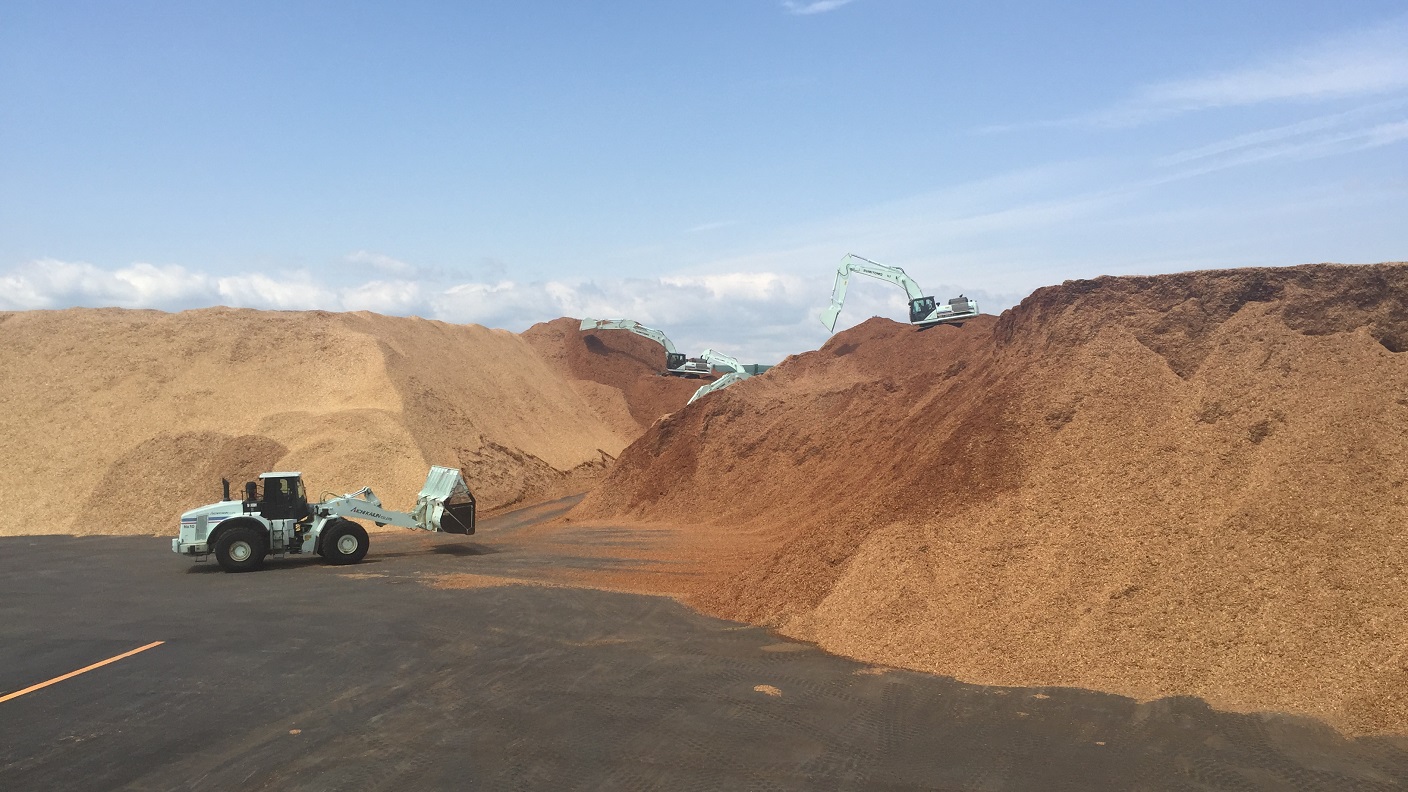
October 2022
Keyword
- Japan
- Retail Service Operations
- Electric Power Energy
- Environment
- Energy Transformation Business Group


